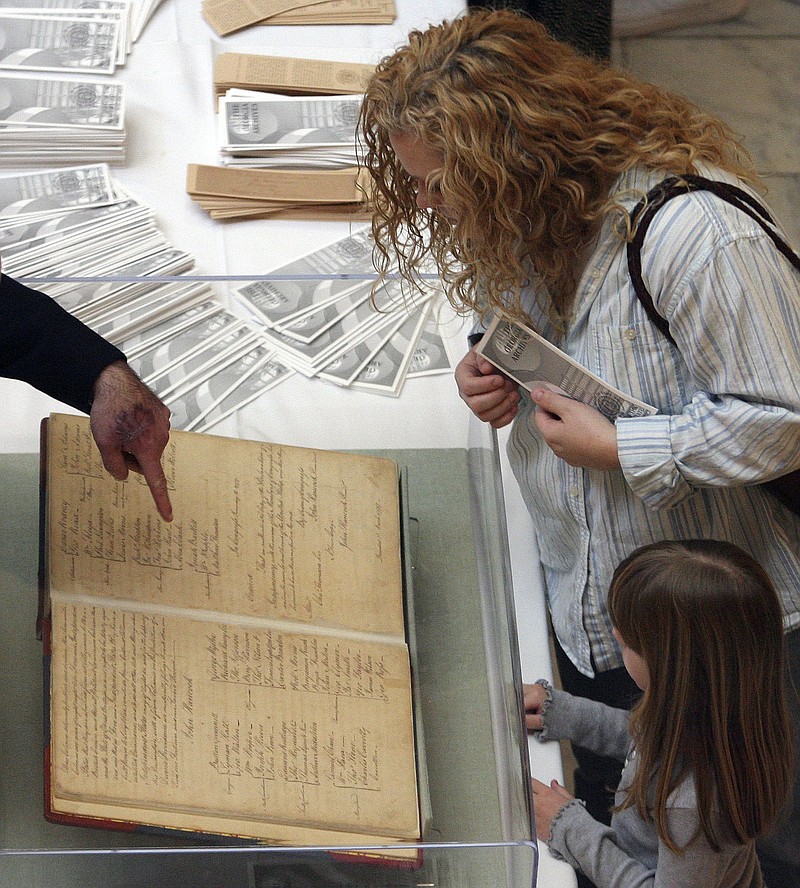If the United States had waited to declare victory until the last Japanese soldier surrendered to end World War II, nearly 30 years would have passed. If the country had waited to proclaim peace among Union and Confederate forces until the last battle of the Civil War, it would have waited more than another year. If the U.S. had waited to take its first steps as a country until the final battle of the Revolutionary War, it would have waited two years past the British surrender at Yorktown.
We think of these things as the fury rises in the country between those who want to return to work, save their small businesses and put food back on the table versus those who would have the country locked down and face permanent economic ruination until a vaccine for the COVID-19 virus is developed.
Private Teruo Nakamura, a Taiwanese-born soldier, was found by the Indonesian Air Force on the island of Morotai, and surrendered to a search patrol on Dec. 18, 1974. Although he is listed as the last confirmed holdout of World War II, giving up 29 years, three months, and 16 days after the Japanese Instrument of Surrender was signed in 1945, unconfirmed reports of other holdouts continued into the 1990s.
Students are taught the American Civil War ended with Confederate Gen. Robert E. Lee's surrender of his Army of Northern Virginia at Appomattox Courthouse on April 9, 1865, but it actually wasn't over until President Andrew Johnson proclaimed on Aug. 20, 1866, that "said insurrection is at an end and that peace, order, tranquility, and civil authority now exist in and throughout the whole United States of America." That proclamation didn't come until the adoption of a new state government in Texas, which ended clashes between former Confederates and former slaves in the state.
Following the British surrender at Yorktown in the fall of 1781, the Revolutionary War continued on the U.S. continent, on the high seas and abroad - with, surprisingly, many British victories - until the Treaty of Paris was signed on Sept. 3, 1783. Fortunately, the U.S. did not wait until the ink was dry on the signatures to draft the Declaration of Independence and begin a brand new country.
Everywhere you turn today, predictions of doom about the virus from Democrats and the mainstream national media confront you.
"Health experts," the Associated Press tells us, "are expressing growing dread over what they say is an all-but-certain second wave of deaths and infections that could force governments to clamp back down."
"Death is not an economic motivator," said U.S. House Speaker Nancy Pelosi, D-California. "So why are we going down that path."
Thank goodness the Founding Fathers didn't think that way. One can imagine the doomsayers of the era.
"Can you imagine they're talking about forming a new government when the war is going so badly? What are they thinking? We might lose, so we can't anger the British by doing something like that. We just need to stay in our homes and hope for the best."
Nobody can say for sure what will happen with a potential second wave of the virus, not even the best epidemiologists and data modelers. After all, remember their prediction of 2.2 million dead and then the descending forecasts until they matched reality?
And as businesses reopen, we've got the advantage of hindsight. We know breakouts are likely to occur in crowded environs. We know older individuals and those with compromised health are at greater risk and should stay more isolated. We know social distancing, wearing masks and frequent hand washing can slow the spread of the virus.
Plus, we're learning as we go, which is how all of us were taught in school. We've learned wide testing must be available to detect how the virus is (or is not) spreading, we've learned more contact tracing must be done to slow rapid advances of the virus, and we've learned the virus hits some populations worse than others because of their poor health or lack of access to medical care.
We'll learn more as our economy continues to open. Does 50% capacity work? Is the close contact work of one person with a mask on another person with a mask effective in not spreading the virus? How many people can assemble in a group before the odds favor one of them carrying the virus?
The reality is we won't know until we experiment, until we try, until we take a step into the water - carefully, and with the knowledge of all that we've already learned. It's how Bell invented the telephone, it's how the Wright Brothers learned to fly, it's how a virus vaccine is developed.
It makes no sense to believe every aspect of the virus can be known and acted upon before we venture outside. It's not how America became America.
